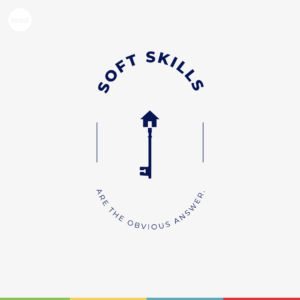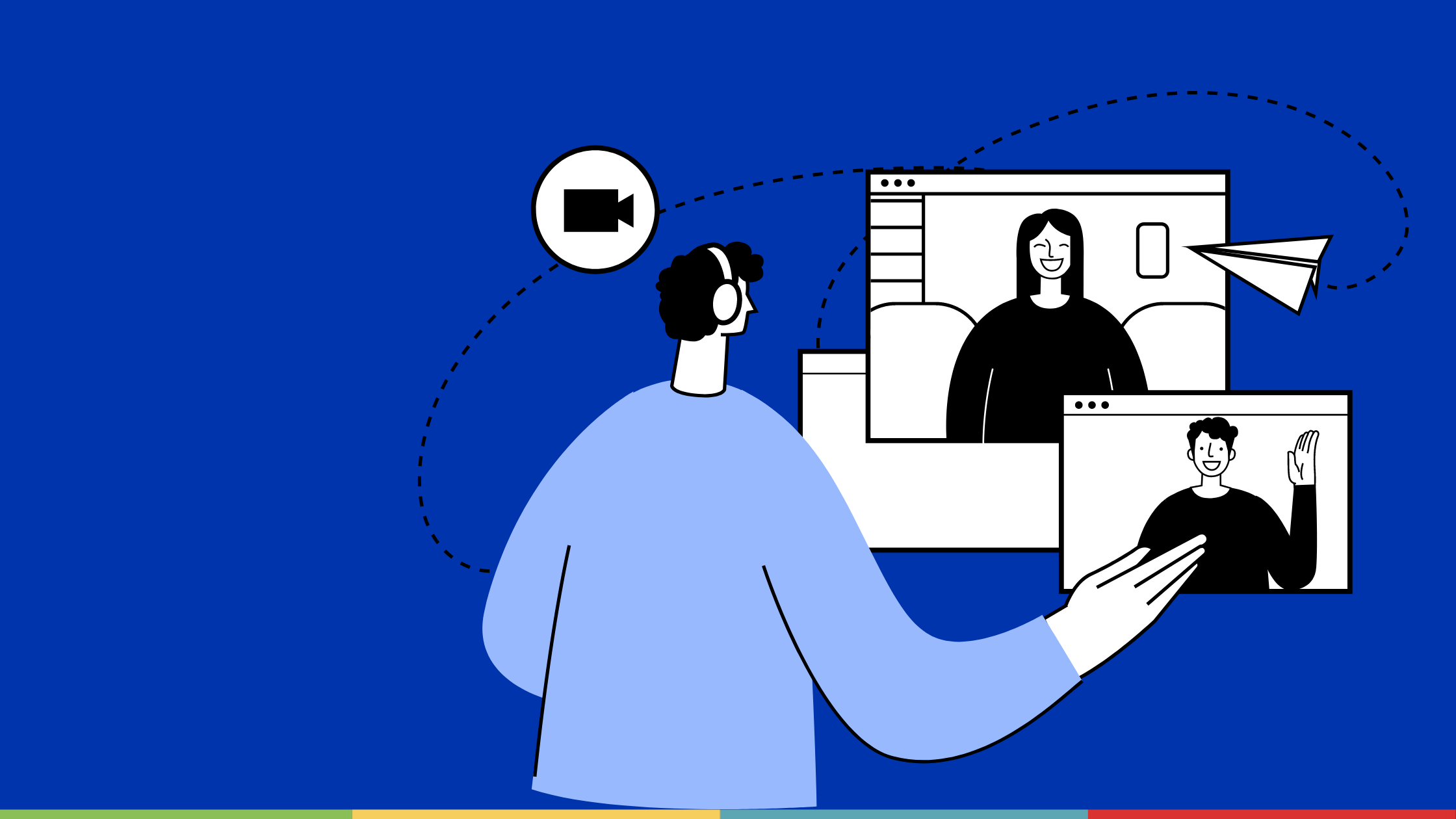Some are talking about a new world order that’s coming our way, but today we’ll talk about something else: a new work order.
We shouldn’t start this article on such an obvious note, but this pandemic has completely changed the way we work, play, and live. Old news, right?
Beyond that, it’s already clear that we shouldn’t expect a return to “normal life” as we originally imagined it. However, that’s not necessarily a bad thing.
Life happens and we adapt. This is what our new normal looks like now.
So what’s the impact on recruitment, consultancy, and the working environment?
This new world situation has brought an excess of anxiety and fear into our midst. However, this change doesn’t happen in an isolated way. It affects different areas and dimensions, such as digital, technological, and medical progress (among others). It brings with it social and behavioral changes that give rise to new trends and market prospects and, of course, new working models.
Our world has been impacted by these considerations and we need to rethink our strategies and business plans. This has presented companies of all sizes and sectors with many unique new challenges, including, of course, recruitment itself. Even before the pandemic began, recruitment was a highly competitive and complex process. One important aspect is that companies have to deal with several vectors that suffered from the visible effects of this health and economic crisis, such as adapting to business practices in a virtual and remote environment.
As might be expected, this naturally had a profound impact on the search for top talent. In many companies and organizations, candidates’ technical skills and experience have always been considered the most important evaluation factor. In fact, they are still very important components in any hiring process. But… something has changed.
What Exactly?

The years 2020 and now 2021 have reinforced something that has been much discussed among hiring specialists: Soft skills.
More than ever, these skills are absolutely critical for companies. So companies are no longer just looking for the best professionals, they also need to ensure that employees bring a complete package: a high level of critical thinking, problem-solving skills, flexibility, and excellent communication skills.
These skills are important not only because of the fact that we are working remotely but also because we have learned the lessons of our current situation and need to be prepared for any further eventualities that may (still) arise.
A remote work environment can turn even the simplest tasks and questions into extremely complex and difficult-to-manage tasks. Whereas in the past it was quick and easy to communicate something to someone, today you need to know how to communicate thoughts, ideas, solutions, and problems just as quickly and efficiently, only remotely. We all know that sometimes things get lost in translation. We all agree that the lack of human interaction is one of the biggest challenges of working remotely. For new hires, it becomes even more difficult because they lack the crucial and basic physical interactions that are so important to making meaningful connections and feeling part of the team.
Now, new hires need more training and shared experiences to adapt to the new team and work operations. This could undoubtedly be one of the biggest challenges for both the hiring manager and the new employee.
Of course, this can be minimized with a new hire and onboarding processes, best practices, excellent communication skills, and tools.
What About LOAD?
In the midst of this chaos, the many years of experience and expertise of LOAD come into play.
Working remotely was already a flexible mechanism at LOAD, both technically and culturally. For us, this has been incredibly positive as it has allowed us to move very quickly into a fully virtual reality of digital consulting processes and share our expertise and supportive culture with our clients and staff.
In this way, we are able to naturally transform recruitment, onboarding, and follow-up processes into virtual versions and reinforce them with the same values that drive our work at LOAD: Mentoring, Coaching, Self-learning and Training. We are the facilitators in the midst of the chaos, so to speak.
Our greatest aspiration and concern is to provide fully transparent communication channels capable of supporting professional (and personal) questions and expectations while bringing a more human side to the interactions that make up a team’s daily communications. However, we still expect to return to the office to share all our experiences and connect deeply with each other: We believe that human interaction helps us evolve, both personally and as a team.
In any case, remote work will forever be a part of our routine, and at LOAD we believe in a hybrid approach where collaborators may choose to work full-time in the office or remotely a few days a week. We give each employee the freedom to choose the approach that works best for them.
Novos tempos. Novas Aprendizagens.
In short, in the digital world, we have accepted remote work as our current and potentially permanent form of work. For most companies, and of course, for those who dream of an international career, this has opened up unprecedented opportunities, as the whole world is now a potential and a huge talent pool.
It is now clear that we need to adapt to new practices and processes and adopt a flexible mindset to participate in this global change, knowing that we are not alone as everyone else is going through the same ordeal. However, an important aspect is that a whole range of things needs to be improved and obstacles minimized.
The best companies will be those that are able to grasp this need for adaptation and turn it into an opportunity.
The Key Word is Agility and Great Partnerships.















